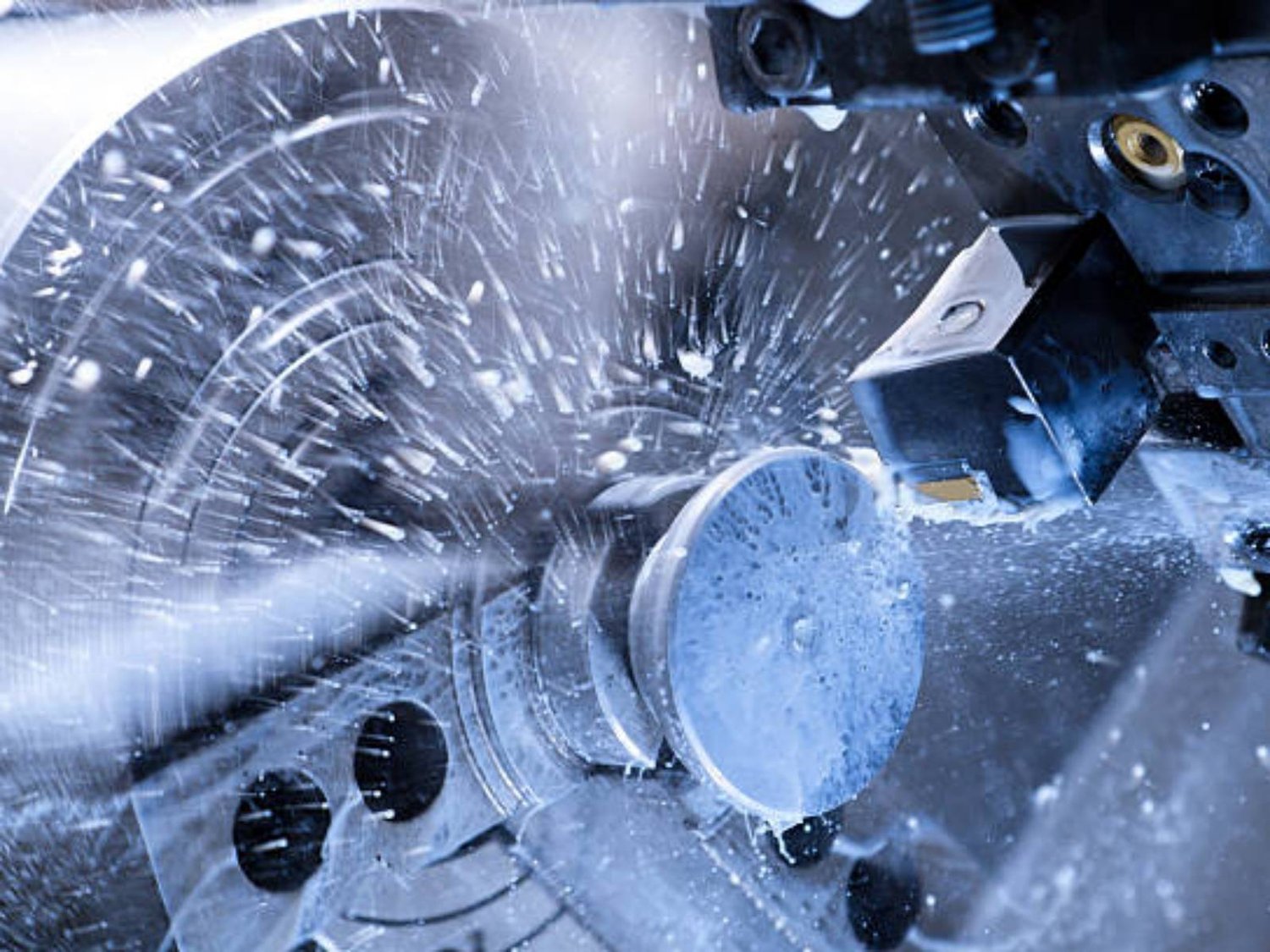The Basics of CNC Turning
CNC turning is a manufacturing process that involves the use of computer numerical control (CNC) machines to produce highly accurate and precise cylindrical components. This article will delve into the ins and outs of CNC turning and explore its various applications and benefits.
Understanding CNC Turning Machines
CNC turning machines are automated tools that rotate a workpiece while cutting away excess material with precision. These machines are equipped with a computer-controlled spindle, turret, and cutting tools. The process begins with the operator programming the machine using CAD/CAM software to specify the dimensions and shape of the desired component.
The Advantages of CNC Turning
CNC turning offers numerous advantages over conventional turning methods. Firstly, it enables high precision and accuracy, ensuring consistent quality across a large number of components. Additionally, CNC turning machines can operate continuously, reducing production time and increasing efficiency. The automation also reduces the risk of human error, resulting in improved product quality.
Applications of CNC Turning
CNC turning finds its applications in various industries, including aerospace, automotive, electronics, and medical. It is commonly used to produce components such as shafts, bushings, pulleys, and valves. The ability to create intricate designs and complex geometries makes CNC turning a versatile process for manufacturing a wide range of components.
The CNC Turning Process
The CNC turning process involves several steps. Firstly, the operator loads the workpiece onto the machine's chuck. The chuck securely holds the workpiece in place while it rotates. The cutting tool is then positioned and brought into contact with the workpiece, removing excess material. The process continues until the desired shape and dimensions are achieved. Finally, the finished component is removed from the machine for further processing or assembly.
Materials Compatible with CNC Turning
CNC turning can be performed on various materials, including metals, plastics, and even wood. Commonly used metals include aluminum, steel, brass, and titanium. Each material requires specific cutting tools and techniques to achieve optimal results. CNC turning allows for precise control over the cutting process, resulting in high-quality finished components.
The Role of Programming in CNC Turning
Programming is a crucial aspect of CNC turning. The operator uses CAD/CAM software to create a digital model of the desired component. The software generates the necessary G-code instructions that control the CNC machine's movements and cutting operations. The accuracy of the programming directly affects the quality and precision of the final product.
Advancements in CNC Turning Technology
Over the years, CNC turning technology has advanced significantly. Modern machines feature improved control systems, faster cutting speeds, and enhanced accuracy. Additionally, the integration of artificial intelligence and machine learning has revolutionized CNC turning, allowing for predictive maintenance and advanced optimization algorithms.
Choosing the Right CNC Turning Service Provider
When considering CNC turning for your manufacturing needs, it is crucial to choose the right service provider. Look for a company with extensive experience in CNC turning and a proven track record of delivering high-quality components. Additionally, consider factors such as the company's capabilities, certifications, and customer reviews to ensure a successful partnership.
The Future of CNC Turning
The future of CNC turning looks promising. With ongoing technological advancements, the process will continue to become more efficient, accurate, and versatile. As industries demand increasingly complex components, CNC turning will play a crucial role in meeting those needs. The integration of automation and intelligent systems will further enhance the capabilities of CNC turning machines.

